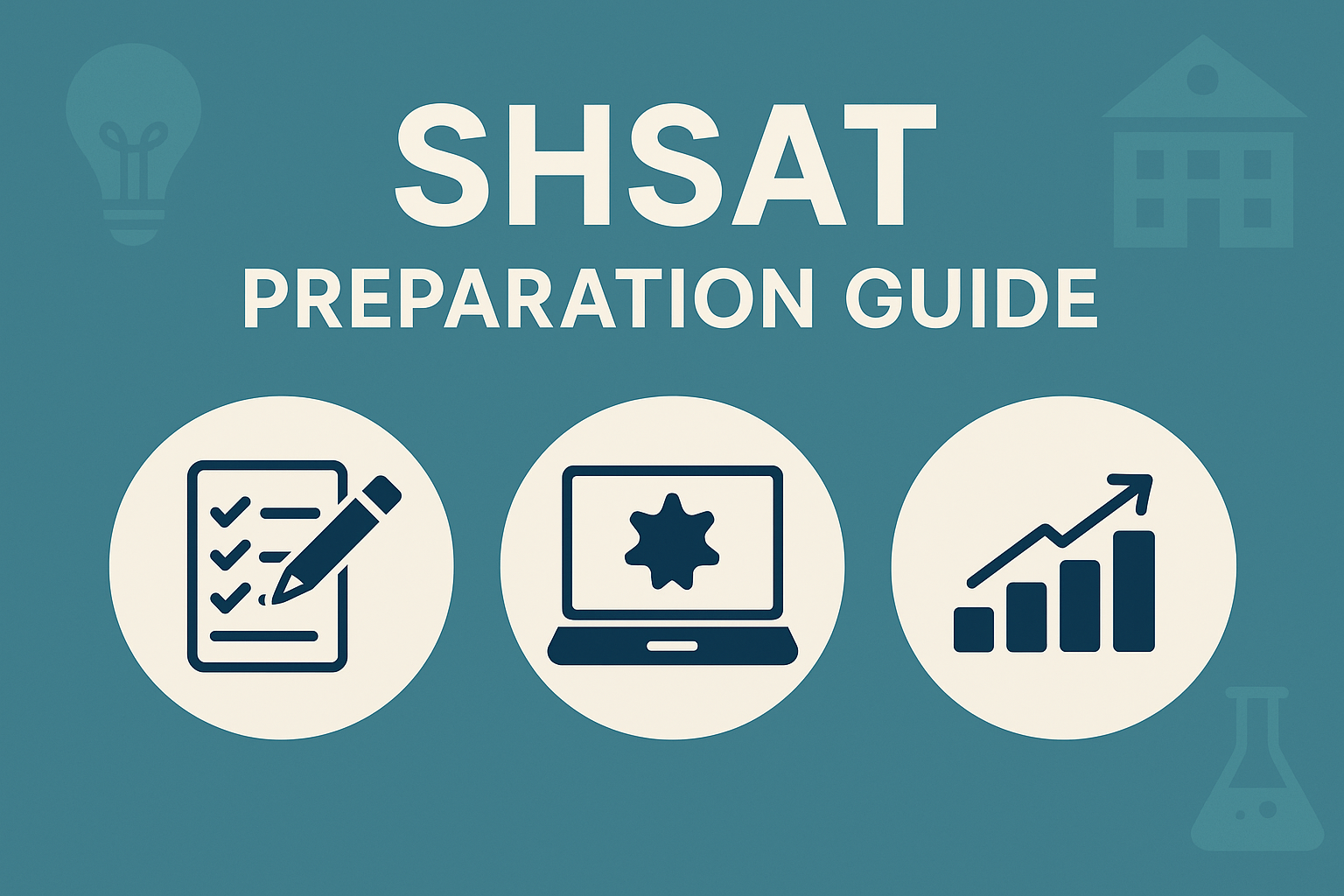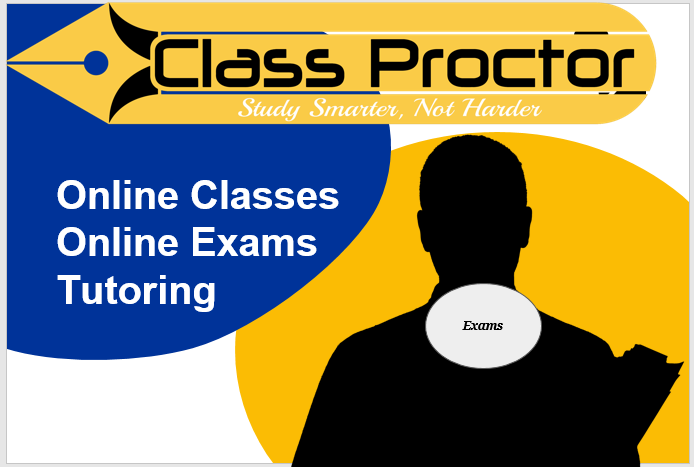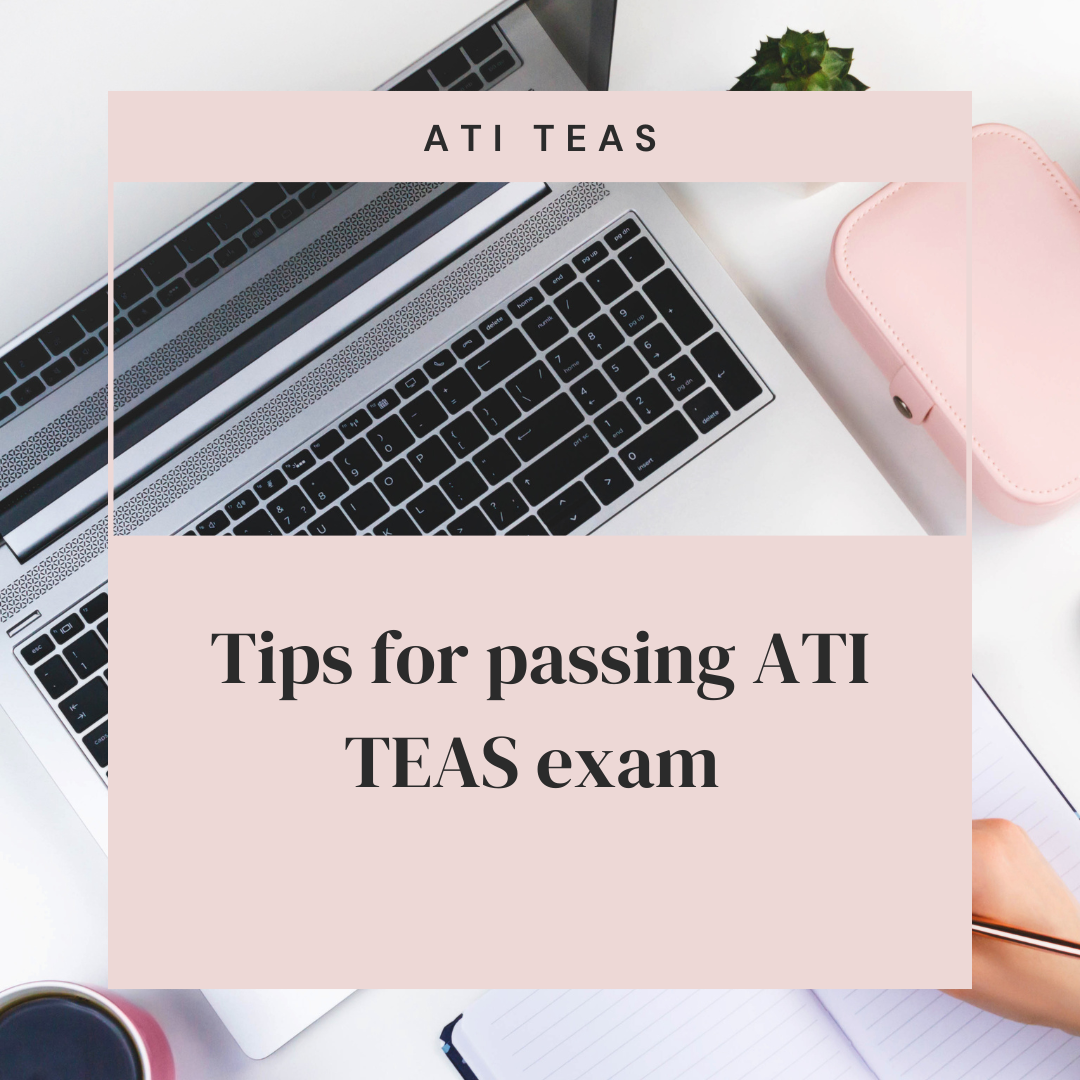
Mastering Proctored Exams: Comprehensive Tips And Strategies For High School And College Students
What Are Proctored Exams?
Proctored exams are supervised assessments conducted either in-person or online to ensure academic integrity. A proctor monitors the exam environment to prevent cheating and verify the identity of the test-taker. With the rise of online education, many institutions have adopted remote proctoring solutions, allowing students to take exams from the comfort of their homes while maintaining strict security measures.
Types of Proctoring
- Live Proctoring: A real-time proctor monitors the exam through a webcam and microphone.
- Recorded Proctoring: The exam session is recorded for later review by proctors.
- Automated Proctoring: AI-driven systems monitor the exam environment without human intervention.
Understanding the type of proctoring you'll encounter is crucial for effective preparation.
Technical Setup: Ensuring a Smooth Exam Experience
A stable and reliable technical setup is the foundation of a successful proctored exam. Here are the essential steps to prepare your environment:
1. Check System Requirements
- Hardware: Ensure your computer meets the minimum specifications (e.g., processor speed, RAM, webcam quality).
- Software: Install any required software or browser extensions provided by your institution.
- Internet Connection: Use a wired connection if possible to prevent interruptions. Test your internet speed beforehand.
2. Set Up Your Testing Environment
- Lighting: Ensure your face and workspace are well-lit to allow the proctor to see you clearly.
- Background: Choose a plain, uncluttered background to avoid distractions and meet proctoring guidelines.
- Workspace: Clear your desk of any unauthorized materials. Only have permitted items (e.g., ID, exam materials) within reach.
3. Perform a Technical Check
- Most proctoring services offer a system check tool. Run this test to verify that your webcam, microphone, and internet connection are functioning correctly.
Time Management: Maximizing Your Exam Performance
Effective time management during your exam can help reduce stress and improve your performance. Follow these strategies to make the most of your allotted time:
1. Familiarize Yourself with the Exam Structure
- Understand the format, number of questions, and time limits. This knowledge allows you to allocate time appropriately.
2. Create a Time Allocation Plan
- Divide your time based on the sections or question types. For example, if you have 60 minutes and 60 questions, aim to spend one minute per question.
3. Prioritize Questions
- Tackle easier questions first to secure quick points, then allocate remaining time to more challenging ones.
4. Monitor Your Progress
- Keep an eye on the clock and adjust your pace as needed. Avoid spending too much time on any single question.
Dealing with Exam Anxiety: Staying Calm Under Pressure
Exam anxiety is common, but with the right techniques, you can manage it effectively:
1. Prepare Thoroughly
- Comprehensive preparation builds confidence. Use study guides, practice tests, and review materials to ensure you're well-prepared.
2. Practice Mindfulness and Relaxation Techniques
- Techniques such as deep breathing, meditation, and progressive muscle relaxation can help calm your nerves before and during the exam.
3. Maintain a Healthy Routine
- Ensure you get enough sleep, eat nutritious meals, and stay hydrated. Physical well-being significantly impacts mental performance.
4. Positive Visualization
- Visualize yourself successfully completing the exam. Positive imagery can boost your confidence and reduce anxiety.
Understanding Proctoring Rules: Adhering to Guidelines
Each proctored exam may have specific rules and guidelines. Familiarize yourself with these to avoid any inadvertent violations:
1. Permitted Materials
- Know what materials you can and cannot have on your desk. Typically, only authorized resources like ID, exam materials, and a calculator are allowed.
2. Behavioral Expectations
- Remain silent, avoid unnecessary movements, and follow the proctor's instructions precisely. Any suspicious behavior can lead to exam invalidation.
3. Technical Compliance
- Do not attempt to disable monitoring software, tamper with your webcam, or use unauthorized devices during the exam.
4. Reporting Issues
- If you encounter technical difficulties or have questions about the rules, communicate with the proctor immediately to resolve the issue.
Study Techniques: Enhancing Your Preparation
Effective study techniques can make a significant difference in your exam performance. Incorporate these strategies into your study routine:
1. Active Learning
- Engage with the material through summarizing, teaching others, and applying concepts to real-life scenarios.
2. Practice Tests
- Take timed practice exams to simulate the test environment. This helps you become familiar with the format and identify areas for improvement.
3. Organized Study Schedule
- Create a study plan that breaks down topics into manageable sections. Consistent, spaced repetition enhances retention.
4. Utilize Multiple Resources
- Use textbooks, online courses, flashcards, and study groups to reinforce your understanding of the material.
Quick Tips for Passing Proctored Exams
- Start Early: Begin your preparation well in advance to avoid last-minute stress.
- Stay Organized: Keep all your study materials and exam documents in order.
- Test Your Equipment: Ensure your technical setup is functioning correctly before the exam day.
- Follow Instructions: Read all exam instructions carefully and adhere to proctoring guidelines.
- Stay Calm: Use relaxation techniques to manage anxiety and maintain focus during the exam.
Conclusion
Passing proctored exams requires a combination of thorough preparation, effective time management, and the ability to stay calm under pressure. By understanding the proctoring process, setting up your technical environment correctly, and employing strategic study techniques, you can enhance your chances of success. Remember, confidence is key—trust in your preparation and approach the exam with a positive mindset.
Ready to Ace Your Next Proctored Exam?
Subscribe to our newsletter for more proctored exam tips, online exam strategies, and expert advice to help you succeed. Visit classproctor.com for additional resources and support. Have your own experiences or tips to share? Drop a comment below—we'd love to hear from you!






